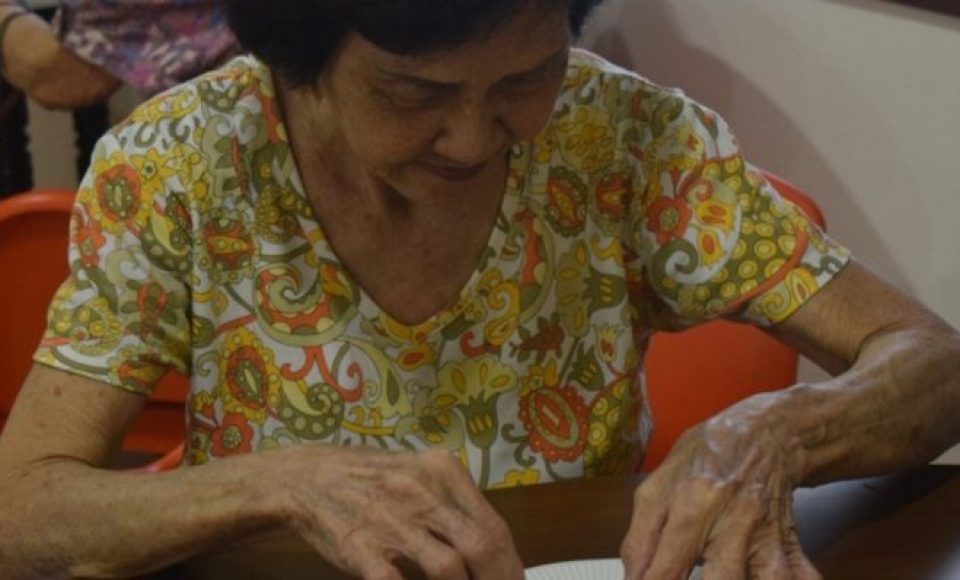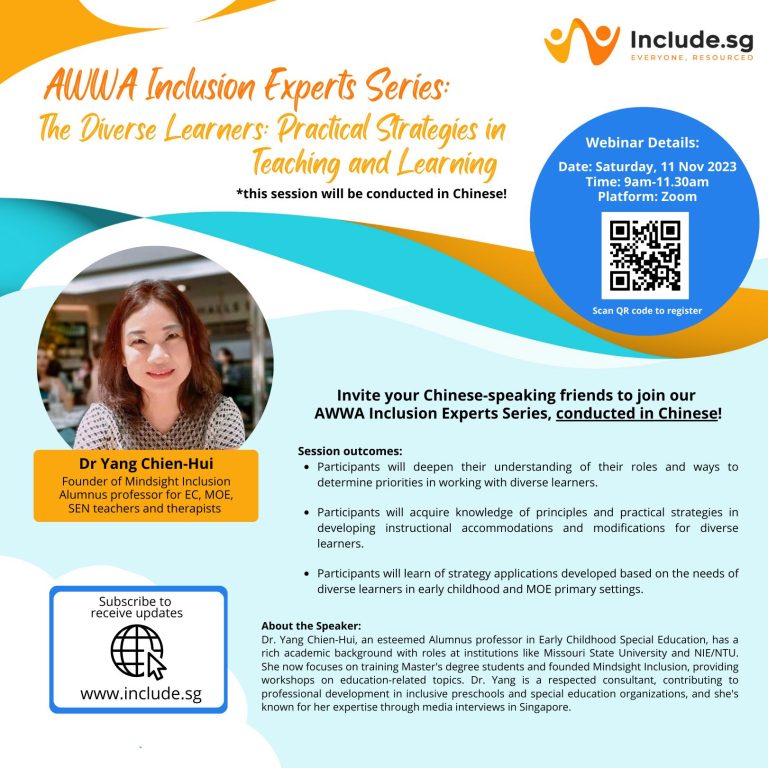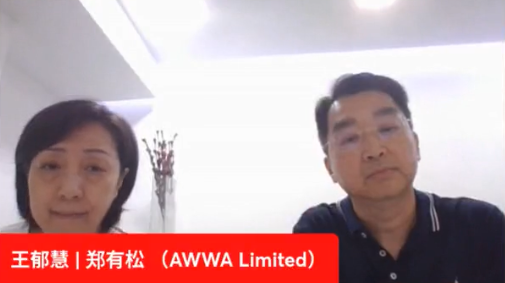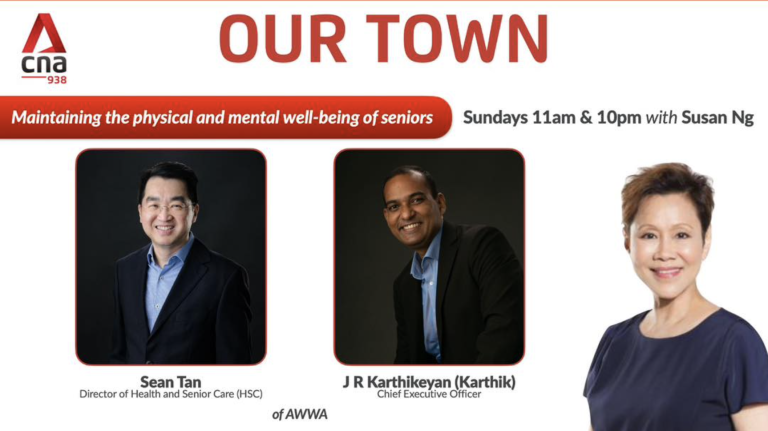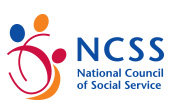The topic of ageing, and more specifically dementia, has received greater attention in the media in recent years. However, this condition hasn’t gained enough awareness and persons with dementia are often misunderstood due to limited public knowledge. 10 percent of people aged 60 and above have dementia, and the numbers jump to 50 percent for people aged 85 and above. Due to Singapore’s ageing population, the numbers of people with dementia are expected to double by 2030[i]. With the growing numbers, it is important we learn more about what dementia is and how to help persons with dementia.
Dementia is a progressive condition that leads to intellectual degradation and difficulties in carrying out everyday activities. Contrary to popular belief, it is not a natural part of ageing and possibly, although rarely, affects the young. To date, there is no empirical evidence to pinpoint who is susceptible to dementia. However, you can combat its effects through measures such as doing regular exercise, eating a balanced diet, limiting your alcohol intake and keeping your mind active by learning new skills.
Symptoms of the beginning stages of dementia may be subtle and hard to detect. Apart from forgetfulness, a person with dementia may face confusion or difficulty completing daily tasks such as paying the bills or finding the right words to express their thoughts. As the condition progresses, the severity of their symptoms escalate as well. They may be disoriented at home and experience behavioural changes, with mood swings and repeated questioning. In the late stage of dementia, a person with dementia may start being inactive and require assistance with activities of daily living.
If you suspect your loved one is suffering from early onset dementia, offer to help them with problems and daily tasks. They may develop unique quirks and habits, but be patient with them and remember they could be reliving a different time. Try to understand that their aggression or repeated actions are a result of fear and anxiety, as their dementia may confuse them. They are still the same person you love.
For caregivers, it is important for persons with dementia to maintain as much independence for as long as possible. This will delay the progression of dementia and alleviate their agitation. An established daily routine including exercise and small, frequent meals will also help settle them and aid them in sleeping better at night. For more information and tips to keep seniors’ minds active, you may refer to “Knowing Dementia Trainers Guide” by the Agency of Integrated Care.
The community also plays an important role in the care of a person with dementia. Neighbours of families with persons with dementia could help keep an eye out for them around the neighbourhood for example, help them find their home should they not remember how to.
There are several ways you can also help. Oftentimes, it is challenging for a person with dementia to be out in public, even if they are accompanied, as they may exhibit challenging behaviour. By educating the people around you and raising awareness of Dementia, you can help reduce the stigma attached to it and create a more inclusive society for persons with dementia.
Find out more about the symptoms of dementia through resources such as Understanding Dementia by Khoo Teck Puat Hospital, or check out Forget Us Not, an initiative by the Lien Foundation and Khoo Teck Puat Hospital, which offers tips on how to spot a person with dementia and help them in different day-to-day situations.
If your loved is showing signs of dementia or if you know anyone caring for a person with dementia, you may refer them to AWWA Dementia Day Care Services (DDCC). AWWA DDCC aims to help persons with Dementia stay integrated in the community, preserving their quality of life and delay the mental and physical effects of Dementia. This helps them to maintain their independence and remain in their own homes with their family.
Click here for more information on AWWA DDCC.
[i] Figures taken from Forget Us Not, a joint initiative by Lien Foundation and Khoo Teck Puat Hospital


